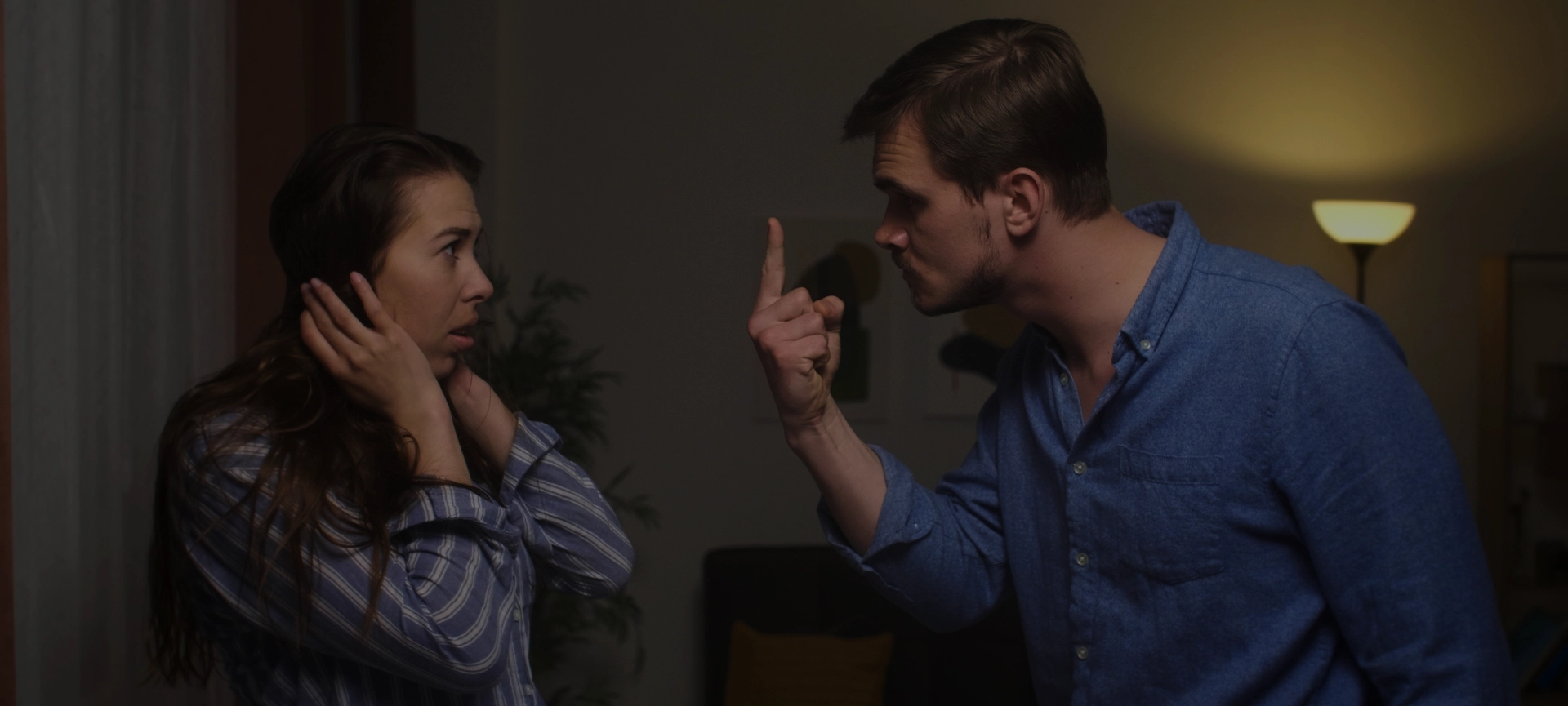A senior Canadian police official could one day find himself having to testify in a court challenge after saying the accuracy of current testing for driver impairment from cannabis lags that of alcohol, criminal lawyers say.
These comments come after a recent news broadcast in which Royal Canadian Mounted Police Chief Superintendent Dennis Daley said police currently do not have an accurate testing device for drug-impaired driving like they do for alcohol impairment, and that officers continue to rely on standard evaluations to determine if someone is driving while impaired.
[…]
Ottawa lawyer Michael Spratt, of Abergel Goldstein & Partners LLP, agreed that Daley’s comments could be used as evidence if drivers challenge their charges of impaired driving.
“Certainly, he and other members of police services could be subpoenaed to give evidence,” said Spratt. “Their opinions aren’t grabbed out of thin air. Their opinions are based on what they’ve seen and the information that they and police forces have, and all that is fair game in a constitutional challenge.”
As he and others have done before, Spratt questioned the accuracy of field sobriety testing and blood and urine samples, explaining that traces of cannabis could be found in one’s system after the effects of the drug have worn off.
“It’s fair to say that the methods that we currently have are inaccurate and part of that is because of the science of the testing,” said Spratt. “We’ve had decades to get the alcohol testing as close to ideal as possible and we haven’t had that time with marijuana. But part of it also is because marijuana is very different than alcohol in terms of its metabolism and its correlation with impairment.”
Read Terry Davidson’s full article: Lawyer’s Daily



